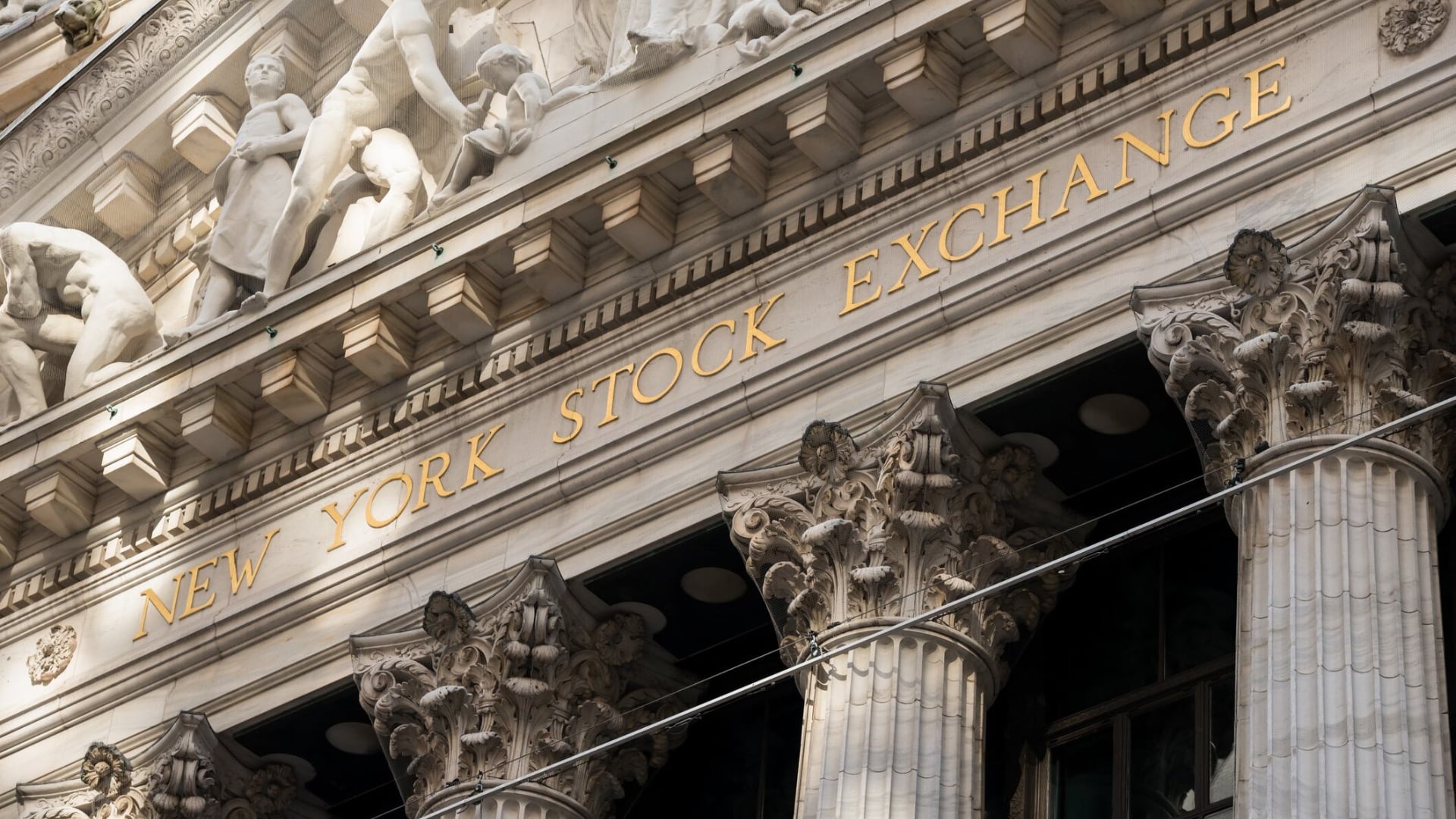Eargo, the medical device company behind "virtually invisible" hearing aids, went public Friday in a bid to radically expand the market for hearing assistance.
"You don't have to be an old person," CEO Christian Gormsen told Cheddar. "You don't have to look like an old person. You don't have to go into a clinic."
The San Jose, California-based company began trading Friday on the Nasdaq under the ticker symbol "EAR" at the starting price of $18 per share. The stock price quickly doubled at the start of trading, hitting more than $38 by mid-afternoon.
"We want to be an industry innovator," he said. "Being a public company, first of all, helps us drive more awareness for hearing loss, which is critical, but it also gives us access to this amazing global investor base that we see as a great strength in terms of getting even better."
Gormsen added that 43 million Americans face hearing loss, while only a quarter do anything about it. By offering a less conspicuous hearing aid, the goal is to draw more of those people into the market.
"What's unique about Eargo is really that people don't want traditional hearing aids," he said. "We've developed a revolutionary medical technology device that actually sits invisibly behind your ear."
In addition, Eargo plans to grow its telephone and online marketing in an effort to reach consumers directly, rather than through a hearing clinic, where much of the hearing aid industry is based.
Gormsen also noted that this approach is especially important during the coronavirus pandemic.
"We've always been offering people to get hearing aids from the comfort, and now also from the safety, of their homes," he said.
The capital raised from the IPO will largely go into innovation, said Gormsen, given that the company is already well-funded.
"There's so much more we can do to make hearing aids even better in the future," he said.












